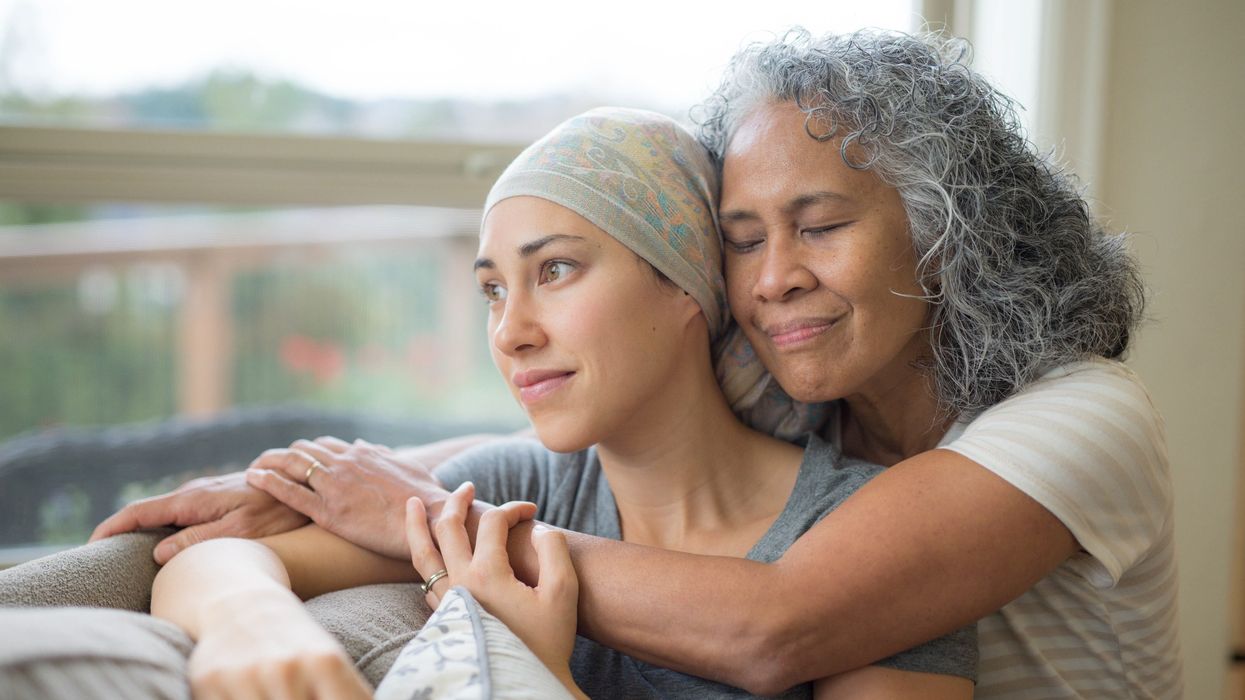Cancer Research UK has estimated that half a million people will be diagnosed with the disease every year by 2040
The UK is lagging behind comparable countries when it comes to cancer survival, Cancer Research UK (CRUK) has said, calling on all political parties to make cancer a top priority in their party manifestos.
While cancer survival rates in the UK have doubled over the last 50 years, the charity warned that the hard-won progress is at risk of stalling, with NHS cancer services in “crisis” and around half a million cancer cases a year projected by 2040.
The charity has published an ambitious cancer plan which, if adopted by the next UK government, could dramatically improve cancer outcomes and prevent 20,000 cancer deaths a year by 2040.
Called “Longer Better Lives: A Manifesto for Cancer Research and Care”, the plan has been developed with the insights of cancer patients and experts from across health, life sciences, government and academic sectors, it said.
“Avoiding thousands of cancer deaths is possible, but it will take leadership, political will, investment and reform,” said Michelle Mitchell, chief executive of Cancer Research UK, and urged all political leaders to unite behind this “vital mission.”
The charity also stressed the need for an urgent action to address “the more than £1 billion funding gap for research into cancer” over the next decade, which will put hard-won medical advances at risk if not dealt with.
Additionally, it has recommended for establishment of a nation-wide movement on cancer, spearheaded by a National Cancer Council, to tackle these complex challenges.
The five missions for the next UK Government
In the manifesto, CRUK has outlined five missions for the next government to follow to dramatically improve cancer outcomes.
These include – rebuilding the UK’s global position in biomedical research, strengthening measures to achieve a Smokefree England by 2030, reducing late-stage diagnosis and inequalities in early diagnosis in England, bringing vital tests and treatment to patients more quickly, and building a national movement to beat cancer together.
Cancer Research UK is also calling on the government to set out a 10-year cancer-specific workforce plan to address the chronic staff shortages in cancer services, and to eliminate the £10.2 billion NHS maintenance deficit by 2030.
Advances in the prevention, diagnosis and treatment of cancer have helped saved more than one million lives in the UK since the late 1980s, according to the charity, which highlighted the importance of increasing investment in cancer research.
How community pharmacists can help in cancer management
As community pharmacists are easily accessible, they are usually the first point of contact with the public. Today a pharmacist’s role is not just restricted to dispensing medications, they are now running screening programmes and participating in more clinical interventions. With the launch of the NHS Pharmacy First service next year, pharmacists in the UK will also start prescribing medications for seven common conditions.
With support from the NHS, community pharmacists can play an essential part in risk assessment, screening, early diagnosis and even in the management of cancer.
Explaining the potential role of pharmacists in cancer management, Royal Pharmaceutical Society (RPS) President Professor, Claire Anderson told Business Pharmacy: “Between 30-50 per cent of cancers are preventable, with smoking and obesity being the leading causes, and community pharmacists are well-positioned to address these issues by offering lifestyle advice and support."
“Pharmacists play a crucial role in smoking cessation services and contribute to public health campaigns focused on cancer awareness. Additionally, community pharmacists provide basic health assessments, support lifestyle changes, and raise awareness about cancer symptoms.
“There are several successful pilot programs and frameworks across the three nations that demonstrate their effectiveness in risk estimation and early cancer detection, emphasising the vital role community pharmacists can play in cancer prevention. These accessible health services are also located in areas of higher deprivation, which put them at the front line of improving health inequalities," Claire added.
RPS, in its previous report entitled ‘Utilising community pharmacists to support people with cancer’, had highlighted the role of pharmacies in the fight against cancer, especially during early diagnosis.













